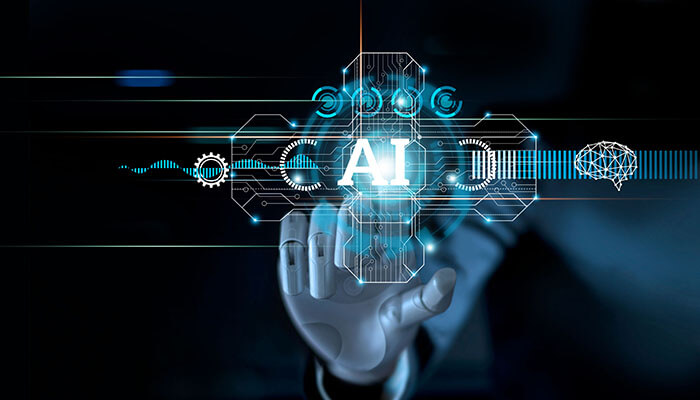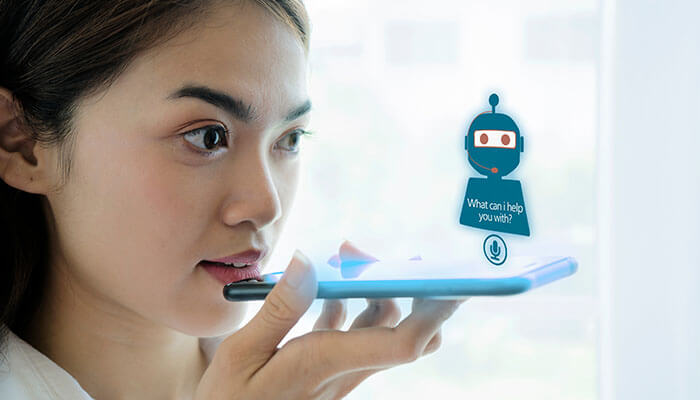AI can speed up and automate tedious activities. Are these new technologies a panacea for some of the worst causes of burnout, or could they exacerbate overwork? Workers have flocked to ChatGPT since it opened to the public in November 2022, social media feeds are overflowing with advice on how to integrate AI tools into workflows, and preliminary research suggests that generative AI boosts productivity and improves job satisfaction.
This excitement is echoed by the findings of Microsoft’s 2023 Work Trends Report, which indicates that these tools will reduce heavy workloads and maybe assist workers in coping with burnout. And a lot of workers appear to concur. According to a poll of over 6,000 people conducted by enterprise automation software provider UiPath, 58% of respondents think automation can reduce burnout and increase job satisfaction.
Experts claim that workplace burnout is still a common problem. A bright spot in the story amid worker fears about the advent of generative AI is the possibility that these new tools could automate tedious, time-consuming chores.
However, they do add a qualification. It’s unclear whether lighter workloads and less drudgery will allow workers to take a breath or rather create more space for new jobs to fill up as they use these AI tools to enhance productivity.
Many professionals concur that busy work, such as responding to emails and going to meetings, contributes to burnout. According to Ed Challis, head of AI strategy at UiPath, “People now have a lot more repetitive work to do.”
Challis thinks AI tools could reduce the amount of busywork. Every single person will have a personal helper, he predicts. Therefore, a lot of the monotonous tasks we perform at work will vanish.
The conclusions of a working paper from the National Bureau of Economic Research, a Boston-based nonprofit organisation, also demonstrate the technology’s potential to increase productivity, even though it is yet too early to determine the precise impact AI tools will have at work.
The efficiency of customer care agents using an AI chat assistant increased by 14%, according to the authors from Stanford University and the Massachusetts Institute of Technology (MIT). The AI assistant sped the training of the best performers and reduced the gap between the best and poorest performers.
The chances for long-term results, such as the reduction of burnout, are less clear. One of the paper’s authors, Danielle Lee, concurs that AI technologies can increase productivity and reduce busywork, but he is unable to foresee how exactly these elements will effect employees.
According to Lee, an associate professor of technical innovation, entrepreneurship, and strategic management at the MIT Sloan School of Management, “if most of my time was spent doing something drudgerous, and now I’m doing more interesting things, that might be good from a burnout perspective.” But it’s also not obvious if being more productive truly results in a break. These employees may simply be capable of handling more in a given day.
Additionally, Lee contends that if workers increase their productivity, employers may decide they no longer require as many of them, which would increase individual responsibilities. Companies can easily keep raising the bar, according to Lee. According to her, burnout is still an organizational issue, and while technology can have an impact on it, the organization ultimately decides how to deal with it. “You can use AI to ease burnout, or you can use it to make it much, much worse,” claims Lee.
She argues that businesses have a choice between sharing the rewards of higher productivity by, for example, reducing work hours, or concentrating only on the bottom line. Lee explains,
Additionally, the UiPath study reveals that employees identify different burnout causes. As at least one cause of their burnout, many respondents identified conventional overwork issues like “working beyond scheduled hours” (40%) and “too many meetings or calls” (25%) in addition to workplace culture factors like “pressure from leadership” (39%) and job insecurity.
In the end, the experts believe that employers will play a key part in how AI might help employees’ mental health, such as whether they increase workloads on employees and reduce staff, or whether they allow employees to recover their time. And that uncertainty, regardless of how much tedious work workers might anticipate being relieved of, can lead to burnout on its own.



